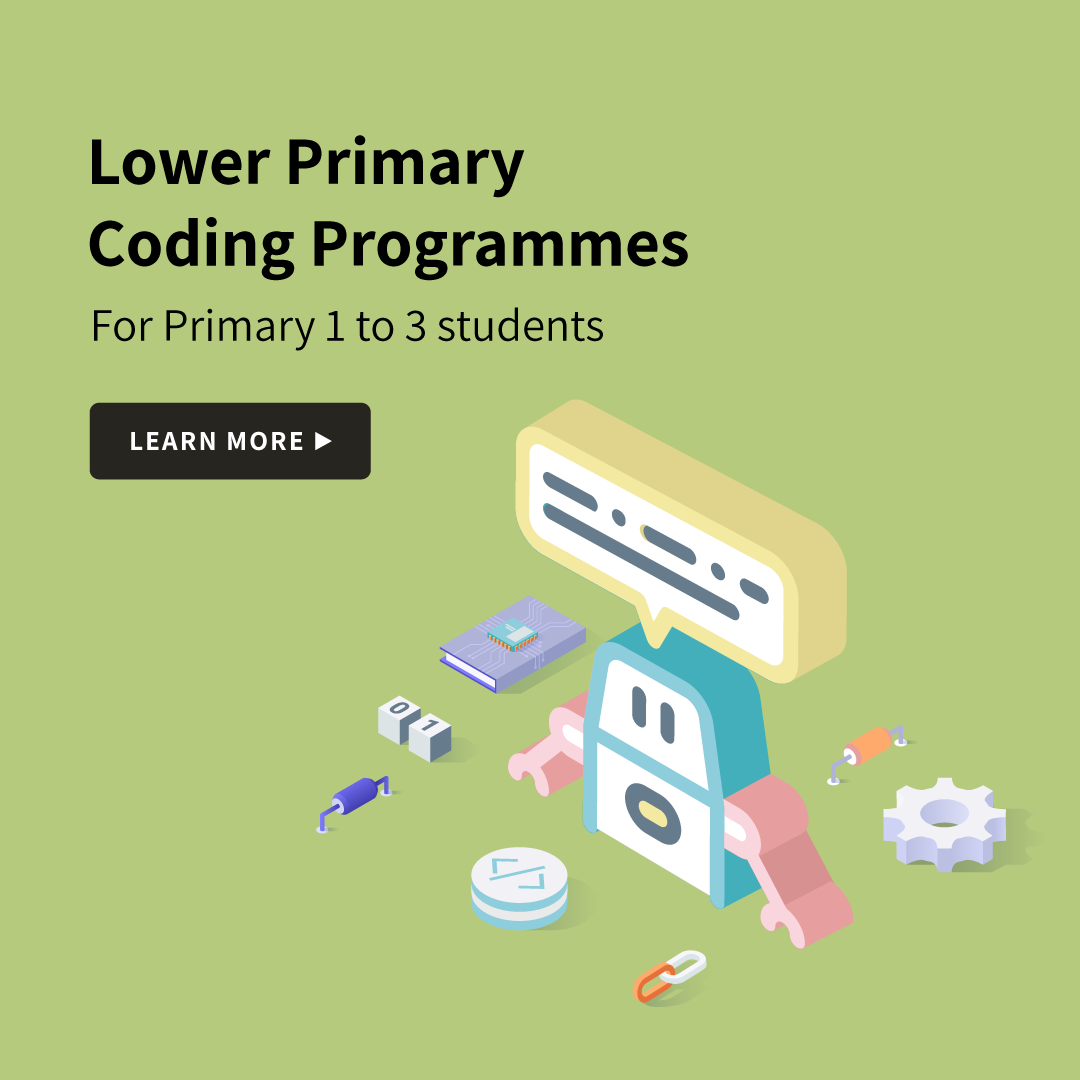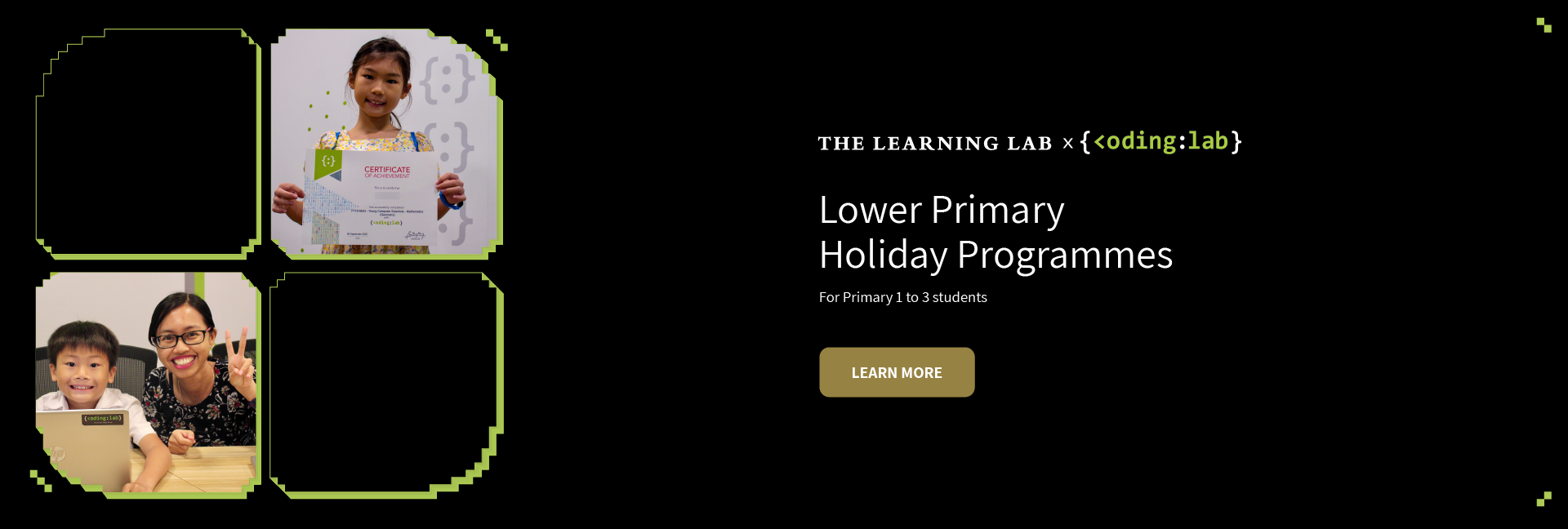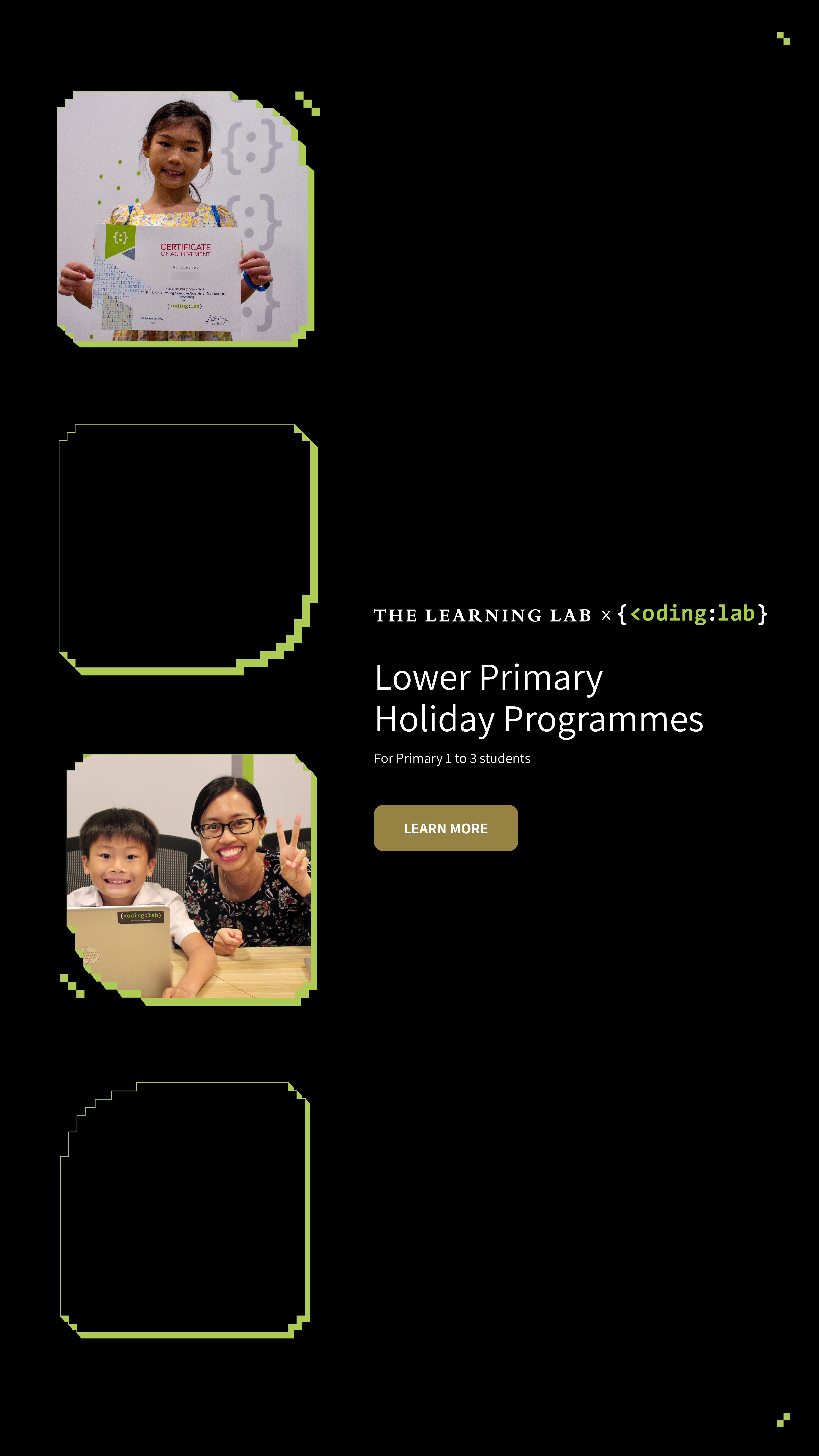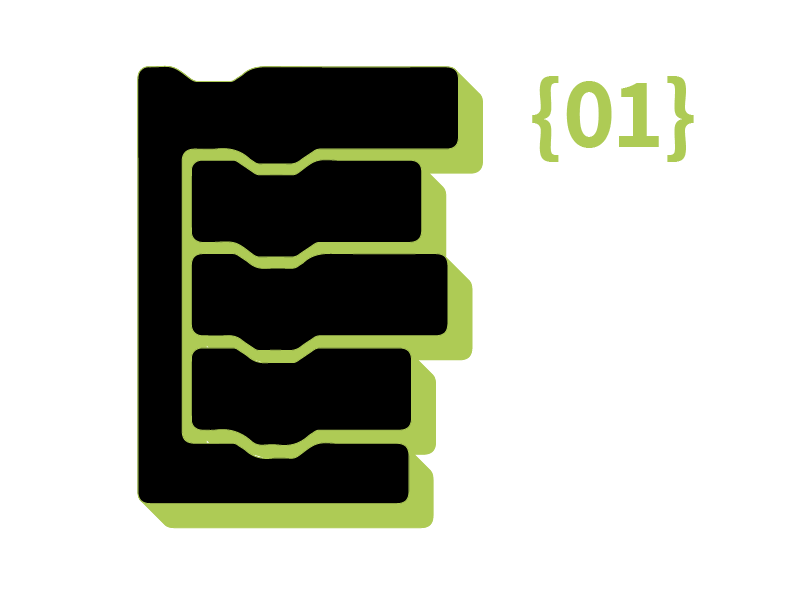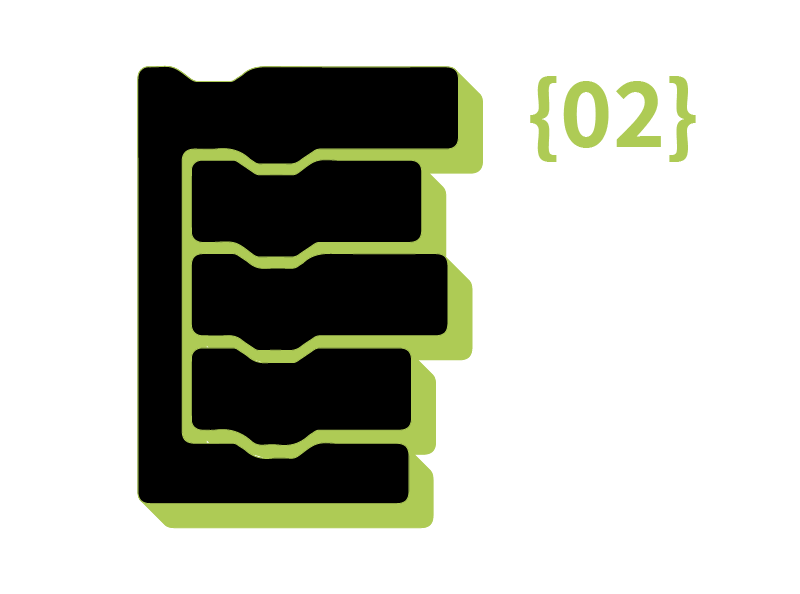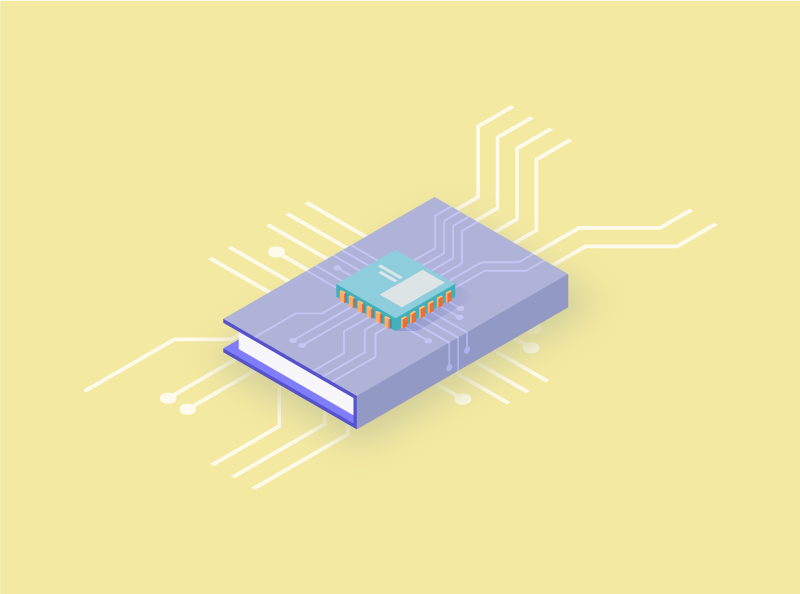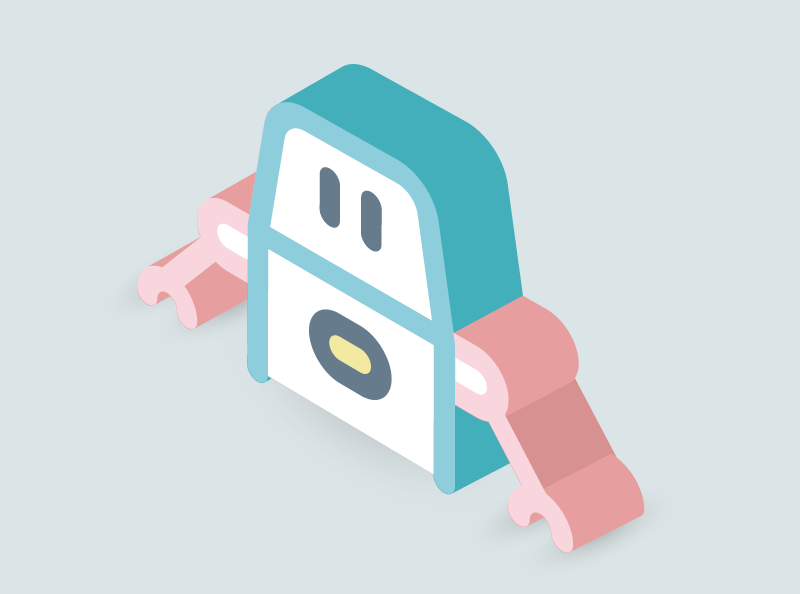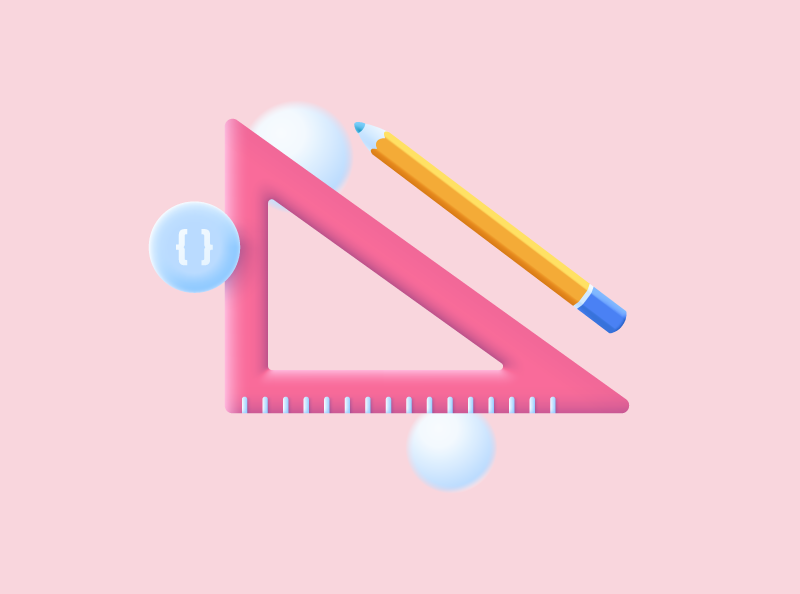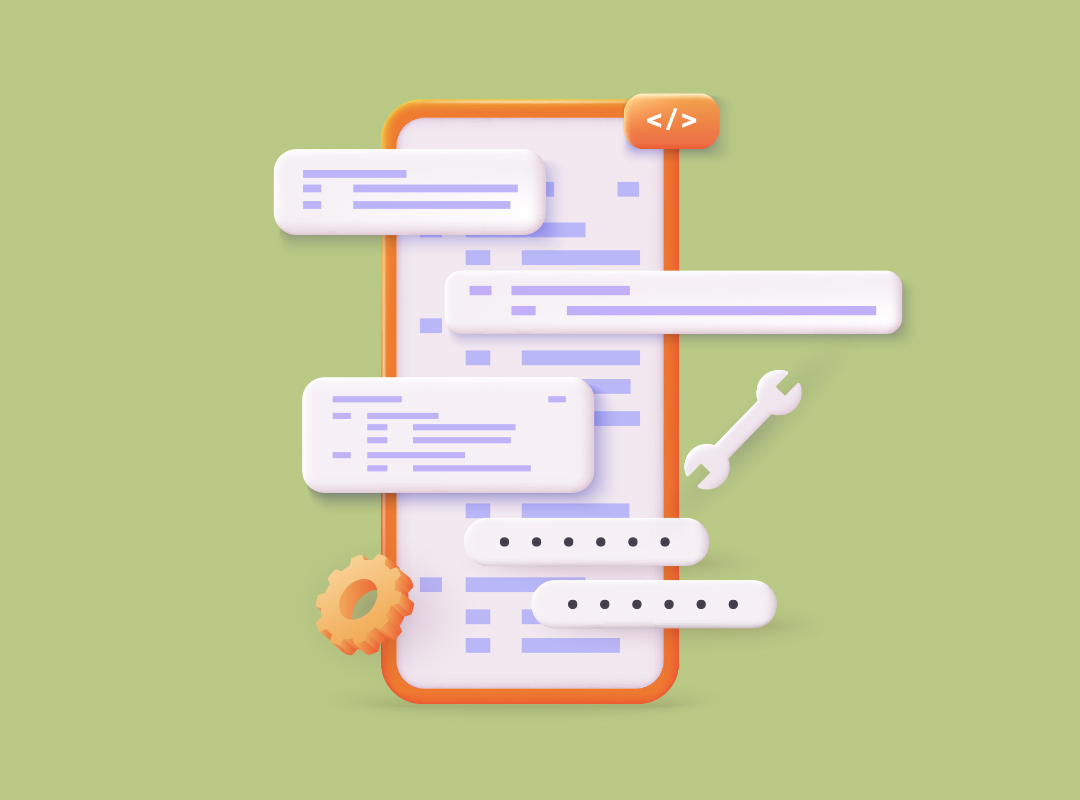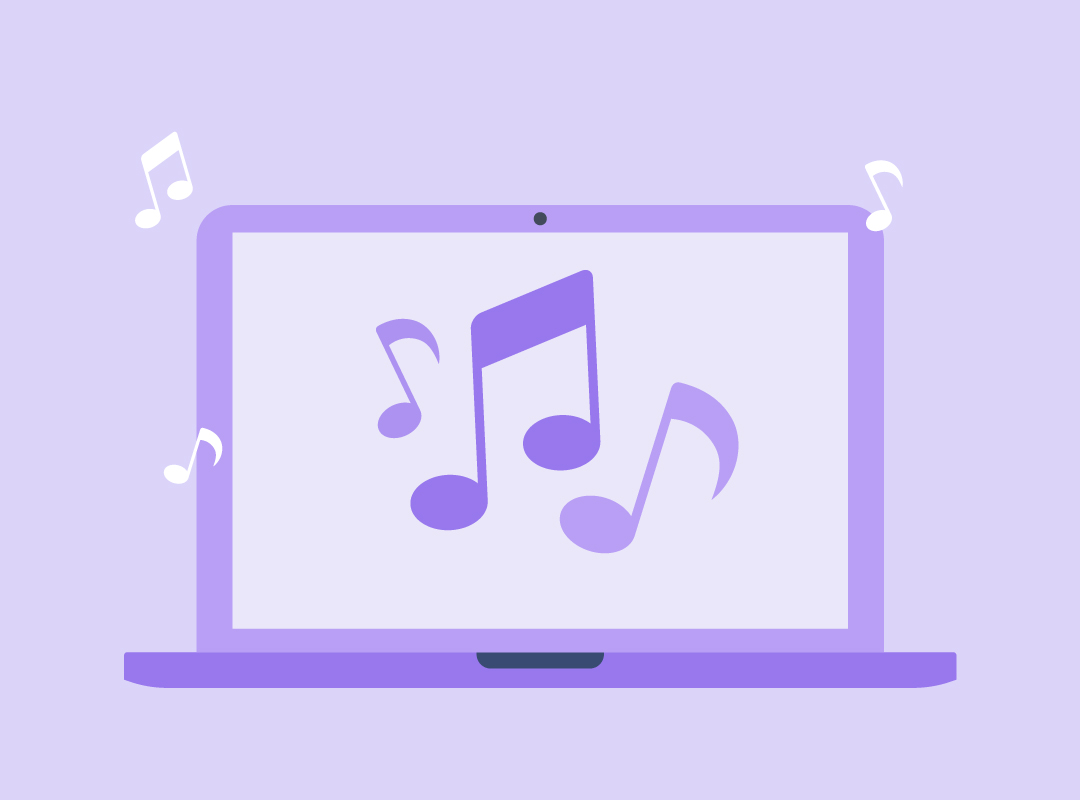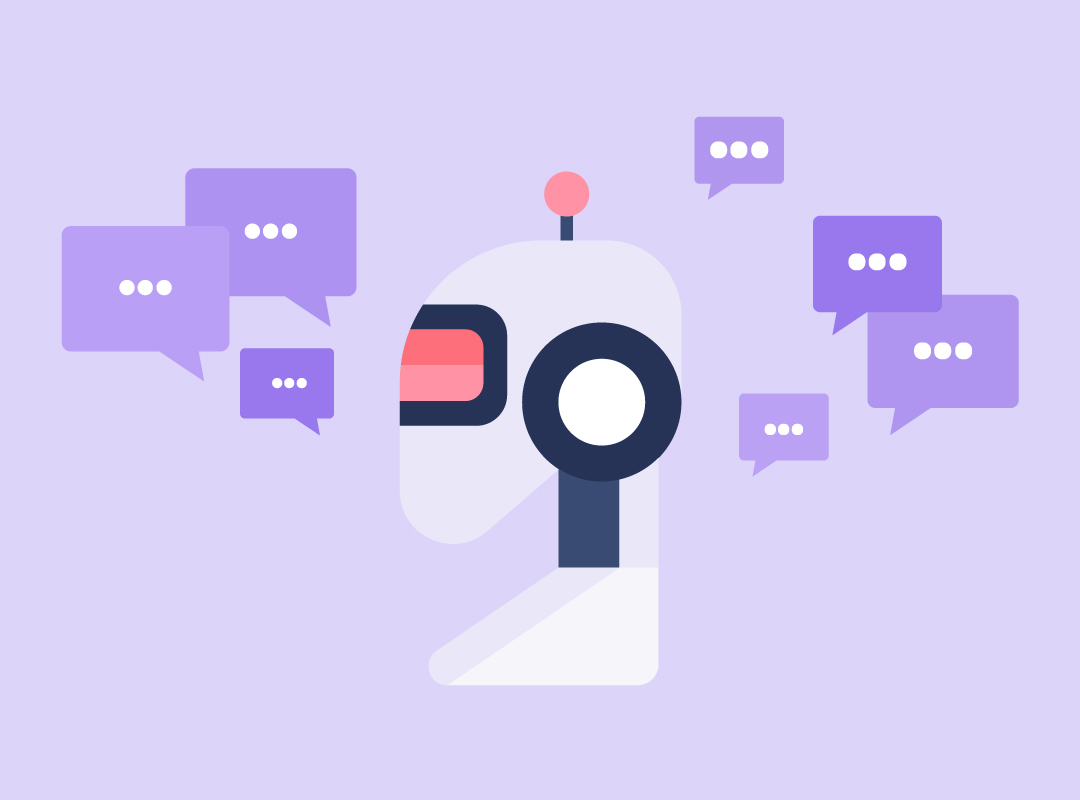1. What is your average class size?
Our classes have a 1:8 teacher to student ratio. We keep our classes small so that every student benefits from maximum personalised attention.
2. What do students need to bring to class?
We provide all equipment for the classes. Students just need to bring stationery, water bottle and a jacket in case it gets cold.
3. What if a student misses a class? Is there a class replacement policy?
Unless absent for medical reasons, a communication lead time via email to specialprogrammes@thelearninglab.com.sg of at least a week is required prior to missing the class in order for arrangements for a replacement class to be made. We strongly recommend students to attend a physical replacement class within the week (i.e Thursdays at United Square or Fridays at Seletar Mall). Otherwise, students will attend an online replacement class to make up for the lesson missed.
4. Are there any pre-requisites for the coding classes?
Yes. Students need to complete Scratch 1 (P101) before they can enrol in Scratch 2 (P102). Similarly, students need to complete App Inventor 1 (P201) before they can enrol in App Inventor 2 (P202).
5. What if a student has done a coding class previously? Can he or she still attend your coding class?
The student may need to complete a placement test as we will need to assess his or her foundation level as the curriculum offered by other avenues may be different. We want to ensure that every student who comes to our class benefits and learn. Hence, it is vital that your child is enrolled in the right course to provide them with the right level of challenge.
6. What if I have done P101/P201 before? Can my child still sign up for the whole term?
We recommend that you sign up mid-term and enrol for P102 and P202 respectively.
